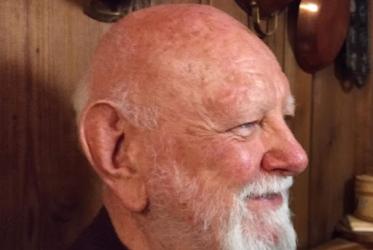Displaying 1 - 20 of 42
WCC commemorates life of Rev. Tsutomu Shoji
02 September 2020
WCC remembers life, wisdom of Rev. Jacques Maury
17 April 2020
Scholars study WCC in 1960s and ’70s
09 March 2011
Staff changes in WCC International Relations and Media Relations
26 September 2002






